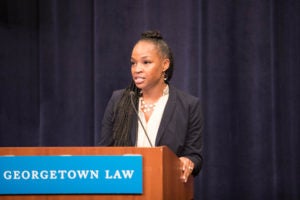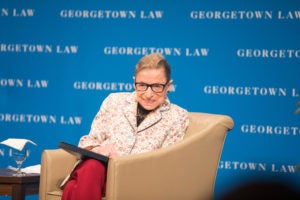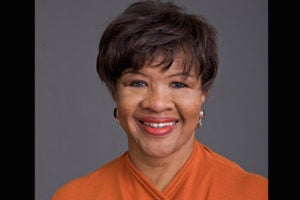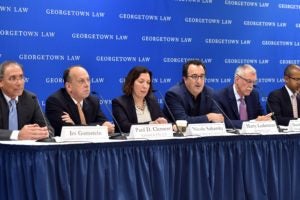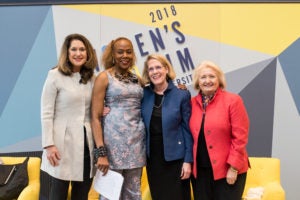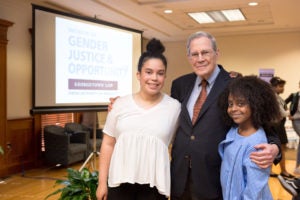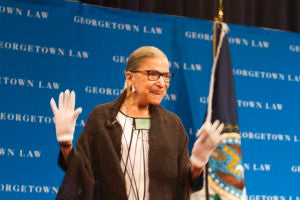After #MeToo, Over 100 Public Officials Out of Office
November 9, 2018 Civil Rights & Antidiscrimination Feminism & Gender Studies Press ReleasesWith latest election results, at least 104 of 138 elected and appointed officials accused of sexual misconduct will be out of office, new Georgetown Law research finds.
